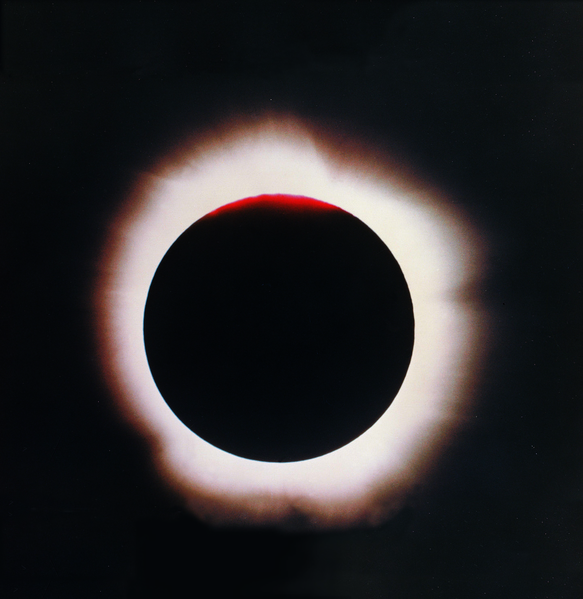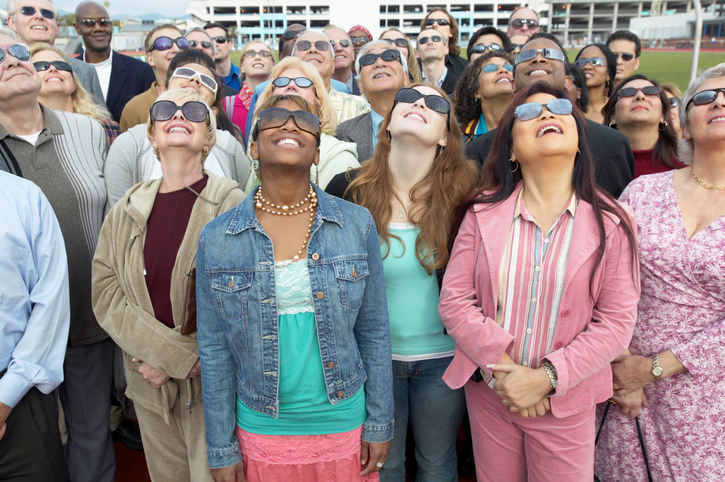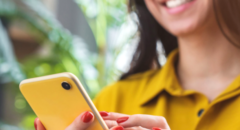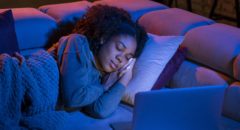Solar eclipse will take place on August 21st
Everyone is excited about the upcoming solar eclipse on August 21st because it’s a rare and brief phenomenon that hasn’t happened since 1979. Plus, many states in the U.S. are on the path of the eclipse, which is why people are flocking to these areas which will host special events that day. The one thing you have to worry about when a solar eclipse happens is to protect your eyes.
 How do you protect your eyes from an eclipse?
How do you protect your eyes from an eclipse?
The last time there was an eclipse there wasn’t as much technology as there is today and if you’re thinking about taking photos on your smartphone or using a telescope to catch it, you mustn’t. It’s unsafe to look at the sun with your naked eye on a regular day. If you’ve ever done so in the past, you know that you start seeing spots afterward until your vision readjusts itself. With a solar eclipse, it’s especially dangerous to look at the sun directly because it can cause blindness. That’s why you should NOT look at the eclipse with your naked eyes, sunglasses, smartphone, binoculars, or a telescope. If you do decide to look at it, make sure you’re wearing solar eclipse protection glasses.
These eclipse glasses are specially designed with solar filters and if you’re going to purchase online, make sure you purchase those with ISO 12312-2, which is a designation that indicates that the glasses have met an international safety standard. If you’re not sure, make sure you check out the American Astronomical Society‘s list of approved brands. Also, make sure that when you receive a pair of these glasses that they don’t have scratched surfaces because that would make them unsafe.
 What to expect on the day of the eclipse?
What to expect on the day of the eclipse?
The eclipse will last less than three minutes and to be on the safe side, you should wear your safe viewing glasses at all times during that time period. The moment of totality is the period when the sun’s face is covered entirely by the moon and the sky is the darkest, also called “total eclipse.” Before and after the total eclipse, the moon blocks only part of the sun, which is called “partial eclipse.”
Our eyes are only conditioned to handle typical daylight conditions, but never to stare directly at the sun. Wavelengths of light within the sun’s powerful rays can damage retina cells, and if you look directly at the sun, especially during an eclipse, it can cause solar retinopathy. You could develop blurred vision, see spots, and in some cases, it will cause blindness.
Also, if you’re going to spending the whole day outside enjoying eclipse-related activities, don’t forget to wear sunscreen!






